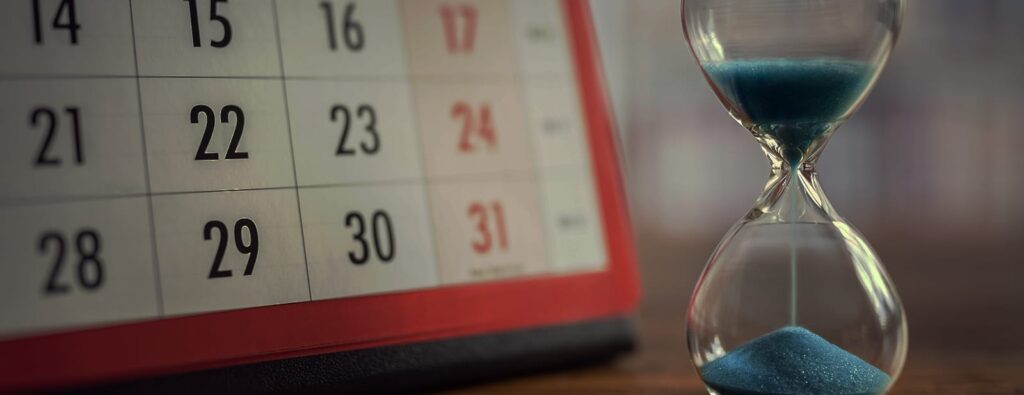How well do you qâvâh (ka-va)? There is an art to it, you know. My mother could qâvâh better than anyone I know. I try to qâvâh like my mom, but I struggle. Qâvâh is Hebrew for wait, and it carries the connotation of lingering or tying oneself around another person or idea.
My mother spent hours and hours of her life waiting for my father to come in from the field, return from the parts store or from helping/talking with a neighbor. When he would finally walk through the door, she never scolded him for being later than expected; she simply scurried around to lay out clean clothes and retrieve his dinner from the oven. She was bound to him in a way that gave her stability, security, and love. Her qâvâh skill was polished because she was bound to my father and she trusted him.
Some people just do not qâvâh very well. When our family was very young, my husband and I got together with some college friends and their little girl. We sat down at the dinner table and my husband prayed the blessing on the food. As some of you know, he can get a bit long-winded, which he did at this time. As soon as the amen was said, Amy, the little girl with a big personality said, “Well, you can tell he’s not hungry!” Her qâvâh limit had been stretched.
Sometimes, I don’t qâvâh very well. In the past, those times have ended with my engagement ring being firmly planted in my first husband’s palm (I’m still married to him), a few hundred texts and phone calls when I wasn’t updated by someone in a timely fashion, my car’s speedometer reflecting a number that is higher than the sign posted on the side of the road, my fourth ball of pie crust dough hitting the kitchen wall because it was supposed to be chilled before rolling out and I didn’t want to wait for it to chill, and I’m embarrassed to share more examples of my poor qâvâh skills.
Over the years, I have acquired more patience and skill during the agonizing times of sitting in a hospital or doctor’s office waiting room. Even though the waiting time did not always end in positive news, my soul was prepared for the future because my qâvâh time was spent intertwining myself with my Creator. He strengthened me for the future, even when the days ahead would require burying a loved one or facing my own pain.
In the Old Testament, God instructs us to wait on Him, to linger with Him, to bind ourselves to Him. When we do this, then our hope and our strength are rebuilt while we bind ourselves to Him.
When the feeling of hopelessness sucks the oxygen from the air, qâvâh with God.
“But they that wait (qâvâh) upon the LORD shall renew their strength; they shall mount up with wings as eagles; they shall run, and not be weary; and they shall walk, and not faint.” King James Version (KJV )


2 Responses
You amaze me how you can take a topic to which everyone can relate and make it into a story that has humor and heartfelt compassion, as well as biblical understanding. It’s not too unlike how very successful comedians are able to take everyday situations and find humor in them.
Thanks! I’m sure my ideas are not earth-shattering, but I enjoy sharing them.